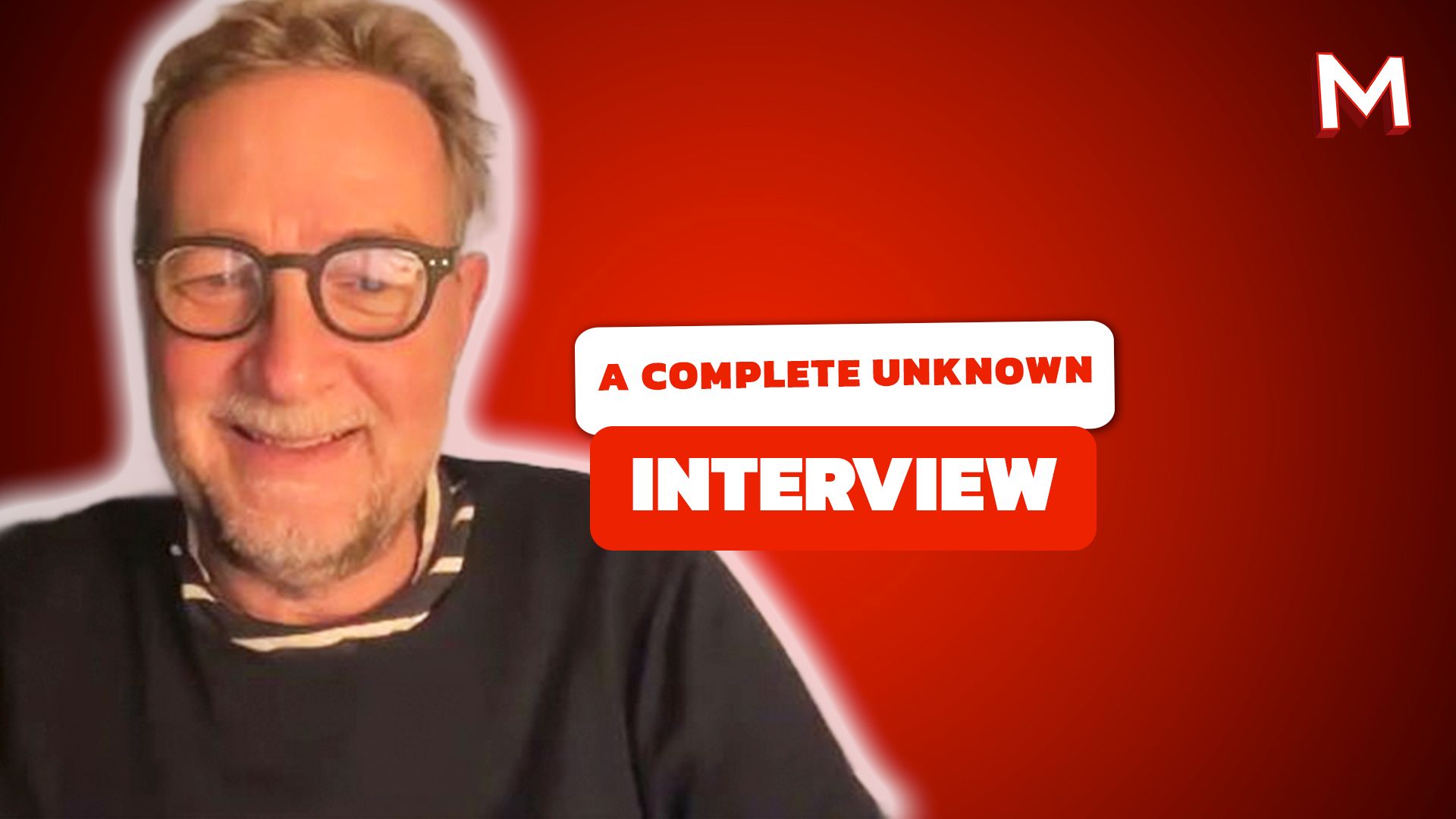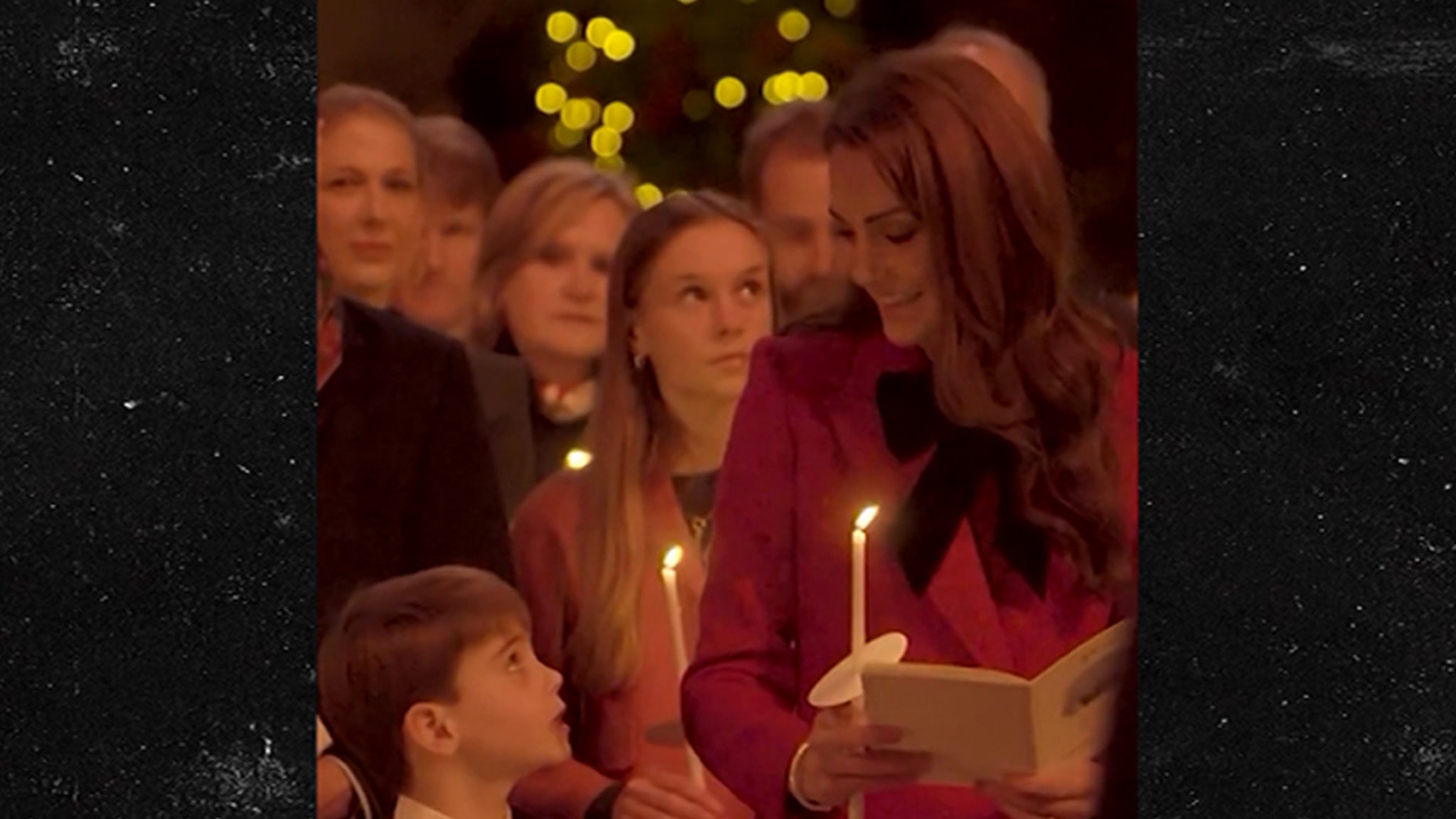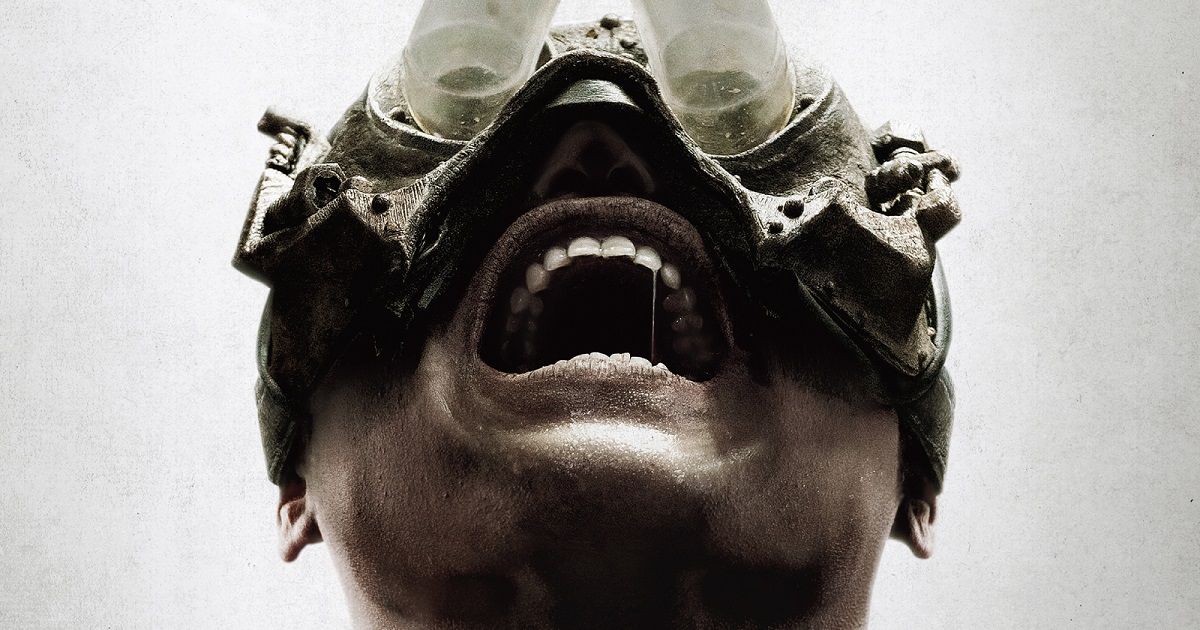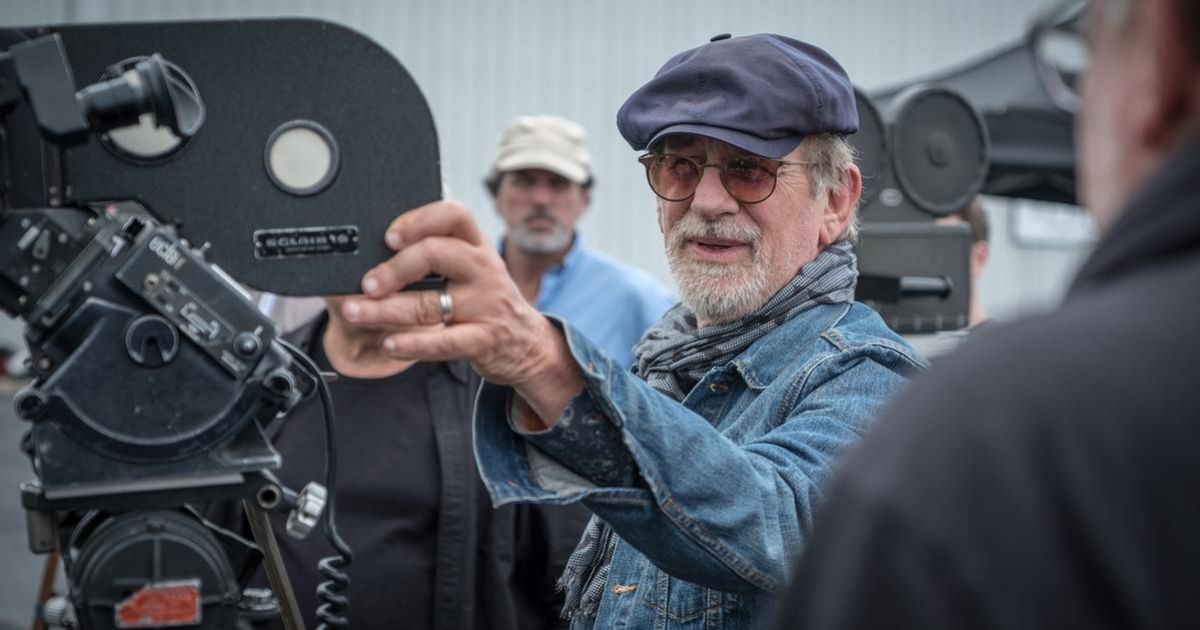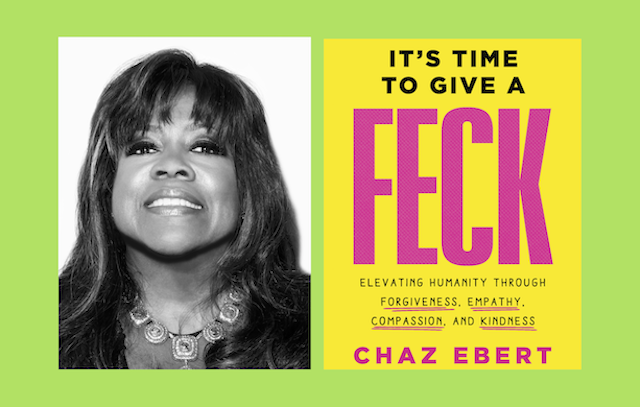The phrase “repetition compulsion” is uttered by a therapist to Jane at one point to explain Edward’s infatuation with both her and Emma, and it’s not hard to see that as “The Girl Before”’s greatest strength, and its greatest weakness. On the one hand, Edward’s apparent predilection for only accepting tenants who look like the spitting image of his late wife, only to enter into relationships with them, brings new shades to the series’ obsession with the strictures male-dominated worlds impose on women, particularly Black women. But in practice, it also leads to a lot of repetitive back and forth, especially in the middle acts, as we watch the same ominous neo-noir scenes we’ve seen a dozen times before, only in stereo.
The style and the performances help with this: Mbatha-Raw, who’s long established herself as a fantastic actress whose roles don’t often make use of her talents (see: “The Morning Show”), lends a world-weary wiliness to Jane that punctures her fog of grief often enough to feel fresh. Oyelowo is suitably intense and calculated, effortlessly toeing the line between fussy creator unhealthily dealing with loss and full-blown psychopath.
But it’s Plummer, who was new to me, who was the biggest surprise of the ensemble, her Emma a much more volatile and brittle presence than the more calm, collected Jane (and more interesting for the tradeoff). Compounding her trauma of the burglary is the sudden, indelicate revelation that she was orally raped in the encounter, with Plummer expertly playing the hairy mix of anguish and shame that follows.
It’s a shame, then, that “The Girl Before” wastes such fine performers and stylish direction on a script that could use some of Edward’s fastidious design principles. Suspension of disbelief is required for works like these, but the very premise raises so many red flags that even Amy Dunne would tell Emma and Jane to get out of the house at first glance. The smart house gimmick feels like it should go somewhere interesting (it’s hardly any more privacy than afforded you by your iPhone, argues Edward, ignoring that at least those companies tell us they’re watching us that closely), but offers little outside a thin veneer of paranoia and a couple of near-miss malfunctions.
You can view the original article HERE.


